12 Mar 2020 Course Info
Showreel FAQs – All You Need to Know
For actors, a showreel functions like a curriculum vitae – it should effectively demonstrate your acting range in as little as three minutes, or even less
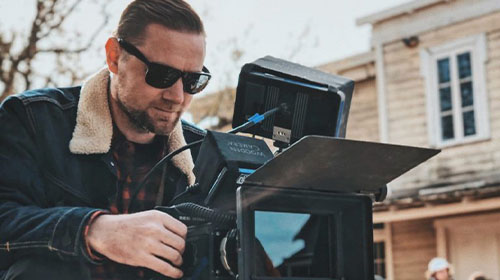
It works like an audition with a script; it needs to stand out so that agents, casting directors, and producers can get a feel of your acting abilities. It also gives them a glimpse of how you look on camera, as well as a sense of your on-camera presence.

A showreel can make or break your chances of not only getting a role, but also getting signed with a reputable agent, so it truly is a big deal. For those who have a lot of nagging questions about showreels, we’ve put together this set of FAQs. If you want to know how to make a showreel you can be proud of, make sure to read on.
1. What is a showreel?
A showreel is a portfolio of your acting skills. It’s a short video demonstrating what characters you can play and how well you can act. It is a vital tool, similar to a CV or resume, for anyone wanting to pursue an acting career.
2. Why are actors required to have a showreel?
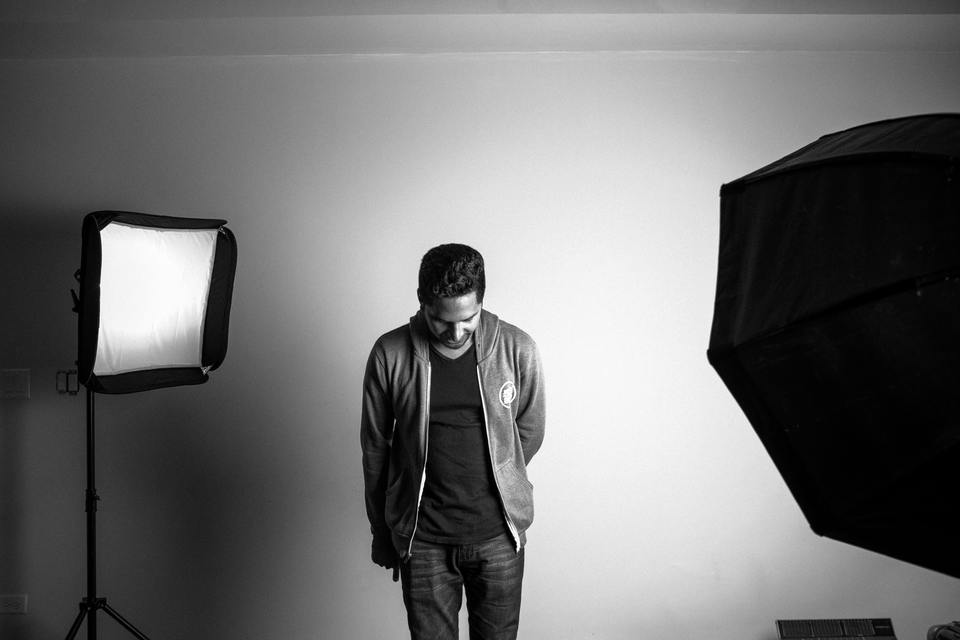
The short answer is that you need a showreel as it’s the only way casting directors will notice you. It’s the main device or tool you can use to showcase your acting abilities.
Other than your headshot, your showreel is the only other thing a casting director will see when they decide whether or not you’re fit for a role. This is why it’s important for your showreel to effectively show off your talent and highlight past work or demonstrate what you are capable of doing.
Your showreel must elicit an emotional response from the viewer so that you have a chance of getting hired. It should show your personality, style, attitude, versatility and camera presence, among other things.
2. What should I include in my showreel?
Make sure you include important personal information in your showreel. Begin your showreel with a slate screen containing basic information about yourself. This includes your name, contact details and website. Then include a headshot and a collection of your best clips.
After your headshot, you can go straightaway into showing your best clips. Always start with the clip showing your strongest performance. If you have difficulty selecting your best performance from a number of clips, get an outsider’s perspective.
Casting directors give only a few seconds of their time before deciding to press the stop button and move on to the next person’s showreel. There’s no need to explain or introduce each clip. All you need is a label or a line of text at the bottom of the screen detailing the name of the project and the genre. Try to include only two to five clips with the duration of each lasting only for 20 to 30 seconds. Aim for a total runtime of one-and-a-half minutes to three minutes max. Keep it concise and tight – no need for a montage, background music or flashy intro.
3. What makes for an impressive showreel?
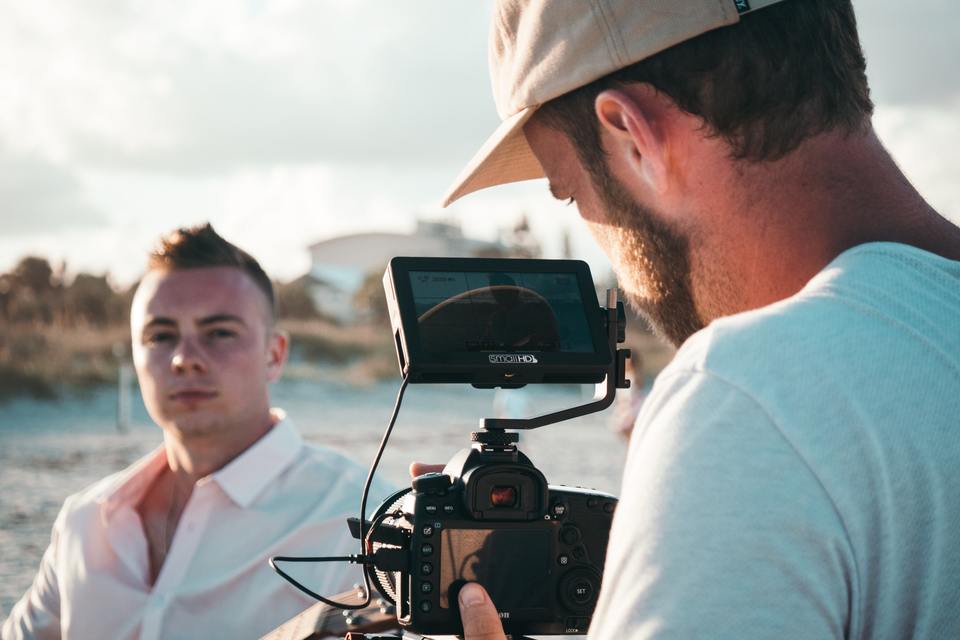
An excellent showreel effectively showcases your acting range and depth through the use of carefully curated, high-quality scenes.
It should highlight your most marketable qualities and strengths. It’s not a composition of what you think is expected of you. Rather, it is an honest depiction of the way you currently look, sound and act so avoid including old material. Ensure your showreel has no technical issues; it should have high sound and image quality.
Choose clips that focus on you, not other actors, no matter how famous they are. Ideally, the scenes you include should begin and end with a shot of you.
4. Do I need to have different showreels?
If you are starting out with your first showreel, we would recommend that you have 1 showreel that showcases all of your acting skills. This means the casting agent or whoever is reviewing your showreel can see the full array of your acting capabilities. Ideally, your showreel should be varied enough to include a collection of different characters, styles and genres.
If you are applying for a very specific role in a certain genre, try to make a separate showreel specific for that genre. This way, you can showcase your range and depth as an actor and have dedicated showreels for comedy, drama and others. Think of it like tailoring your CV for a specific job, but you are tailoring your showreel for a specific role.
5. What should I not include in my showreel?
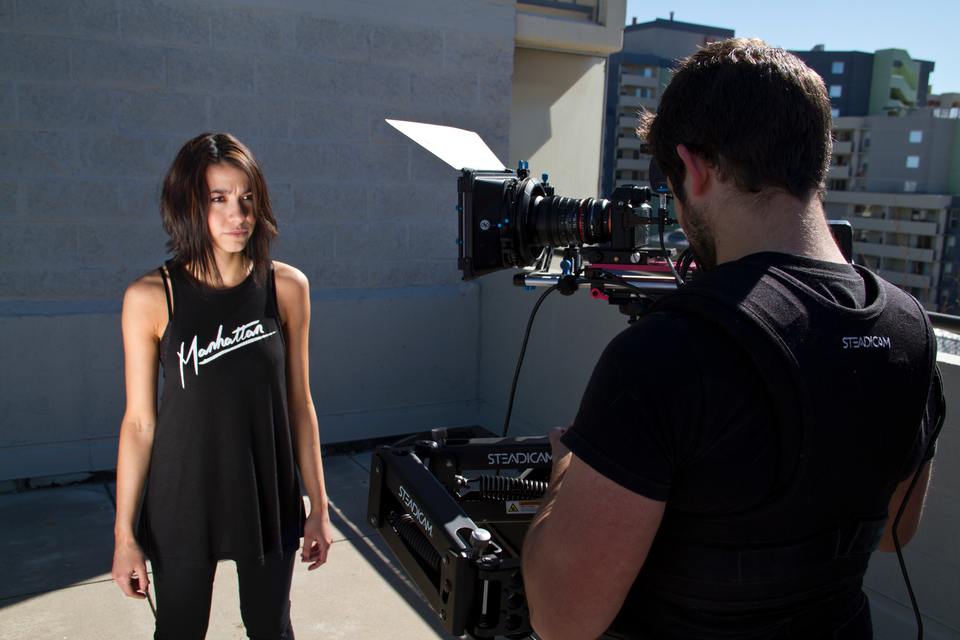
There are a couple of things that are considered no-nos in showreels.
- Never include confidential material that hasn’t even been shown or reviewed yet.
- Don’t include violent or graphic footage.
- Don’t use plagiarised or inappropriate material, or any scenes taken from your acting classes.
- Don’t use flash drives and CDs. Instead, put your showreel online using your website, Vimeo or YouTube. Also, have a ready compressed video file that you can easily send across when required.
- Try not to repeat projects to show your acting range; have a clip from a different film, show or performance every time.
6. Do I need to complete a showreel course before creating a showreel?
Showreel courses can benefit aspiring actors in many ways. Here are just a few:
- Get firsthand experience working with industry professionals
- Develop and polish communication skills in a professional setting
- Gain experience filming on a professional shoot
- Hone your acting technique with professional input
- Learn audition and screen test techniques
- Get an industry recognised certification
- But above all, you’ll learn how to create a showreel that wins you top roles!
Of course, you decide if you want to complete a showreel course, but do understand the benefits are more than a professional showreel at the end.
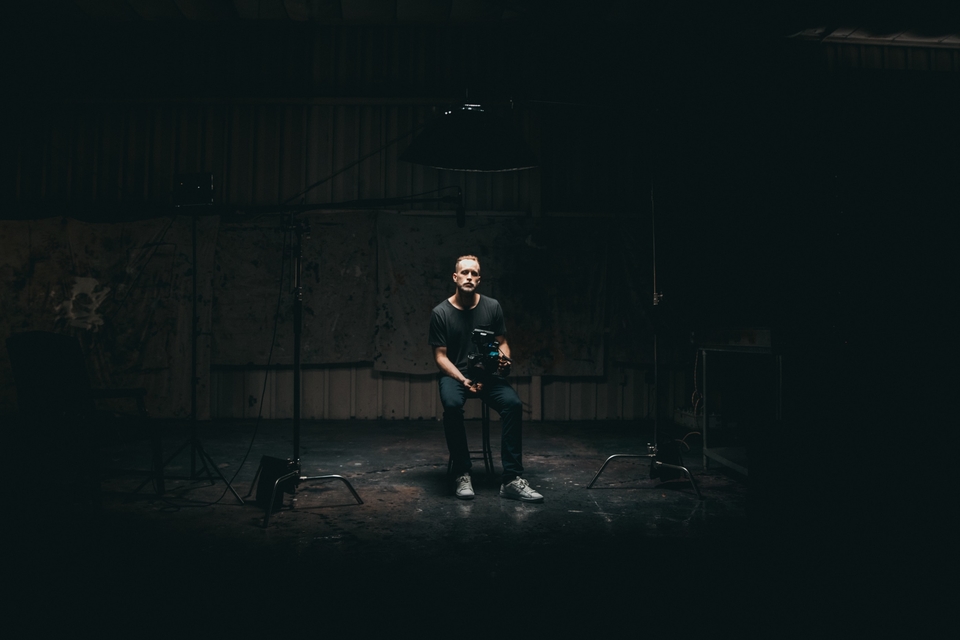
Hopefully, with this set of Q&As, we’ve covered most (if not all) of your showreel concerns.
Do you have more questions? Ask us at Screenwise.
We offer a comprehensive showreel course where you’ll get the exposure and training you need to hone your craft, as well as come up with an impressive professional-quality showreel.
We’ve successfully produced talented artists that have made their own mark on the world of acting, including Adam Demos, Stef Dawson and Sam Webb. Come and explore more at Screenwise.
Share this
Career focussed
Training in acting for film & television
Screenwise offers full-time and part-time intensive creative and technical accredited screen acting programs.
Explore acting courses